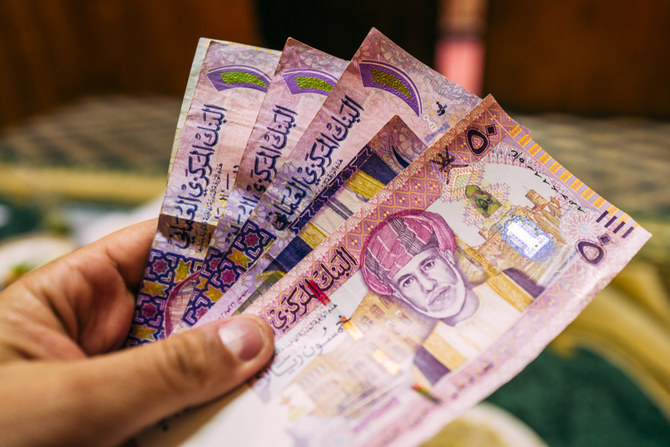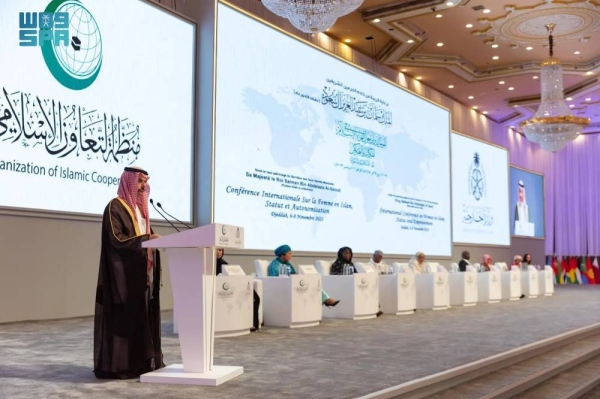
Oil prices fell to about $26 per barrel in January, following the Organization of the Petroleum Exporting Countries (OPEC) decision to maintain the markets surplus since the production was not reduced.
Two years and OPEC changed its strategy after it halted the production of oil shale, before developing technology used in extracting fossil fuels. This also became part of the a new strategy that was formed on a collaboration between producers.
Less than a year into application, and OPECs new strategy produced results exceeding success rate with the barrel reaching $60, highest in this year.
Current strategy stipulates that OPEC, Russia, and nine other oil producers reduce their production to about 1.8 million barrels per day. The agreements ends in March 2018, and oil producers are discussing the possibility of extending it.
Reaching $60 per barrel conform with Saudi Arabias goal, which directs transactors attention to steps taken by Saudi Arabias Minister of Energy, Industry, and Mineral Resources Khalid al-Falih which resulted in an agreement between Saudi Arabia and Russia.
The agreement stated that reduced production will be extended nine more months, which made things clear prior to the meeting on OPECs oil production policy. It was announced on Friday by OPEC’s Sec-Gen Mohammed Barkindo.
OPEC is expected to take up the agreement at its next meeting on Nov. 30, which will be attended by OPEC and non-OPEC countries.
Saudi Crown Prince Mohammed bin Salman announced earlier this week that Saudi Arabia affirms its readiness to extend the production cut agreement, which proved its feasibility by re-balancing supply and demand.
“OPEC welcomes the clear guidance from the crown prince of Saudi Arabia on the need to achieve stable oil markets and sustain it beyond the first quarter of 2018,” Barkindo stated. He added that together with the statement expressed by President Putin, this clears the fog on the way to Vienna on November 30.
“It’s always good to have this high-level feedback and guidance,” Barkindo added, when asked if the Crown Prince’s comments suggested a nine-month extension of the pact looked more likely.
Despite the fact that Crown Princes statements led the prices to $60, highest since July 2015, the market didnt reduce its surplus.
Stock levels in September reached about 160 million barrels above that average, according to OPEC data, down from January’s 340 million barrels above the five-year average.
Brent rose $1.14, or 1.9 percent, to finish at $60.44 a barrel on the ICE Futures exchange in London. That was the highest settlement for a front-month contract since July 2015. The contract rose about 4.7 percent for the week.
West Texas Intermediate crude tacked on $1.26, or 2.4 percent, to settle at $53.90 a barrel, marking a nearly eight-month high. For the week, it gained around 4 percent.












